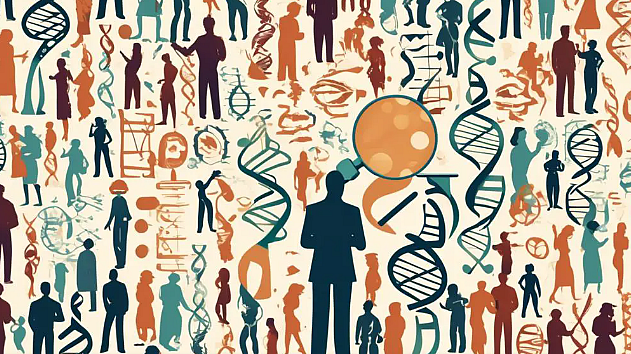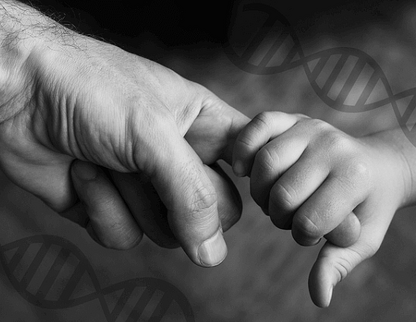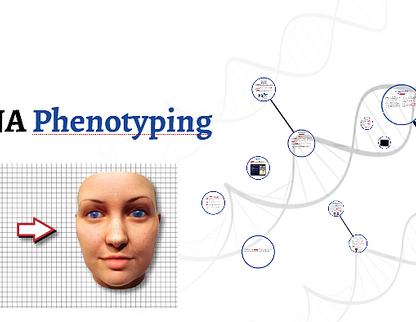
The Personal and Legal Importance of Genetic Ancestry Analysis
With the advancement of science and technology, individuals now have greater access to information about their family trees. Genetic ancestry analysis allows individuals to determine their ancestors, ethnic origins, and genetic heritage through DNA testing. These analyses not only satisfy personal curiosity but also play a significant role in legal processes. So, how is genetic ancestry analysis conducted, and what legal implications can it have? Let's explore these questions together.
What is Genetic Ancestry Analysis and How is it Conducted?
Genetic ancestry analysis is a scientific method that examines an individual's DNA to determine their ancestral origins. These analyses are typically carried out through the following methods:
Autosomal DNA Testing: Analyzes genetic information inherited from both parents to determine a person's ethnic background and distant relatives.
Y-DNA Testing: A test that only males can take, tracing paternal lineage.
mtDNA Testing: Can be taken by both males and females and analyzes genetic information inherited from the maternal line.
Through these tests, individuals can obtain detailed information about their past, such as the geographical regions their ancestors originated from and which historical migration patterns influenced their lineage.
Personal Importance: Discovering Your Roots
Genetic ancestry analysis helps individuals better understand their identities. Throughout history, people have experienced various migrations and interminglings, resulting in diverse family trees. Genetic testing enables individuals to uncover unknown aspects of their heritage and connect with distant relatives.
Additionally, genetic ancestry analysis can provide insights into personal health. Some genetic tests can identify a person's predisposition to certain diseases, helping them take preventive health measures.
Legal Importance: From Inheritance Cases to Citizenship
Genetic ancestry analysis is not only used for personal curiosity but also plays a crucial role in legal proceedings. Here are some legal areas where these tests can be applied:
Inheritance Cases: In inheritance law, there may be situations where a person needs to prove their biological lineage. DNA tests serve as strong evidence in establishing biological kinship.
Paternity Cases: In paternity or maternity determination cases, genetic tests are accepted as definitive proof in courts.
Citizenship and Immigration Applications: Some countries require proof of family ties in citizenship applications. Genetic tests can be a key tool in verifying an individual's ancestry.
Genetic Ancestry Analysis and Ethical Considerations
While genetic testing provides valuable information, it also raises ethical and privacy concerns. Issues such as who has access to DNA data and how third-party companies use this information should be carefully considered. Additionally, genetic test results may reveal unexpected family secrets, which can have psychological impacts.
Conclusion
Genetic ancestry analysis helps individuals discover their past while also serving as a powerful tool in inheritance cases, citizenship applications, and other legal matters. However, it is crucial to be mindful of data privacy and the potential implications of test results before proceeding. By using genetic testing responsibly, you can uncover your ancestry and obtain strong evidence for legal processes.
 If Humans Are Not Alone: How F...
If Humans Are Not Alone: How F...
 Astrobiology and Biosafety: Se...
Astrobiology and Biosafety: Se...
 Scientific Foundations and App...
Scientific Foundations and App...
 Genetic Facial Prediction: The...
Genetic Facial Prediction: The...
Copyright @ GeneSafety. Created By WebCenter